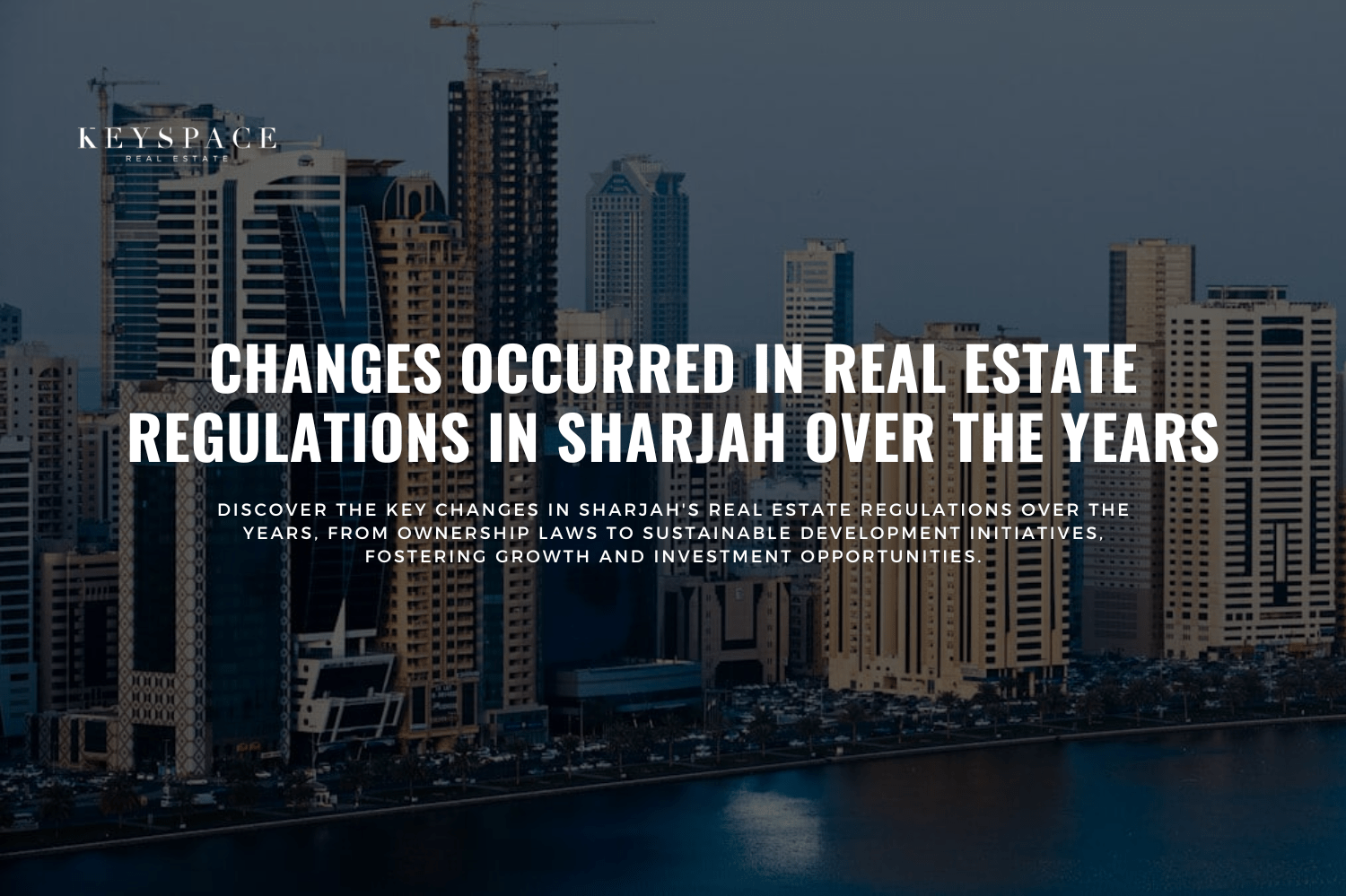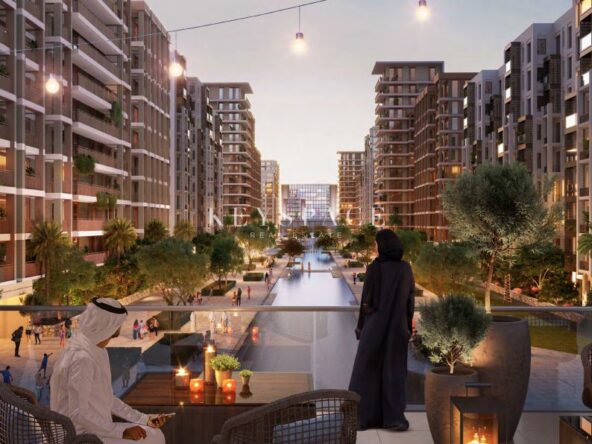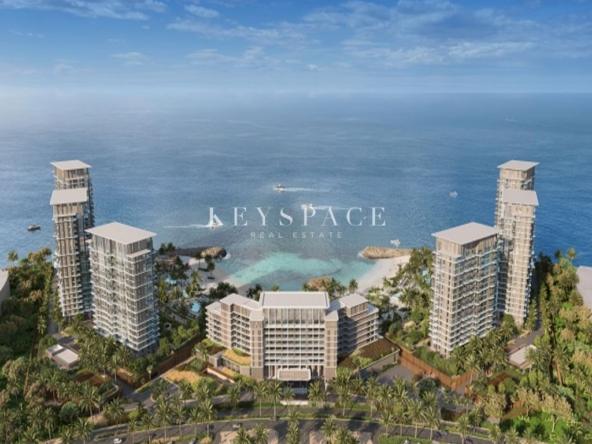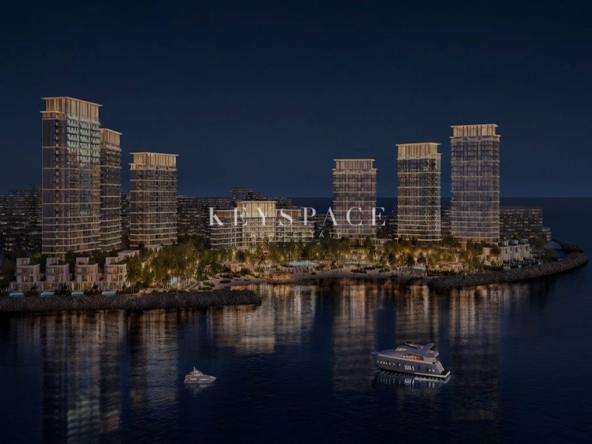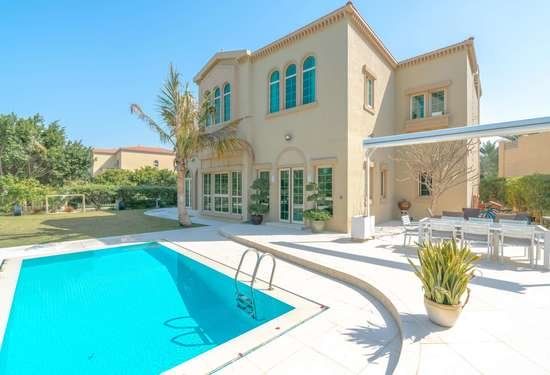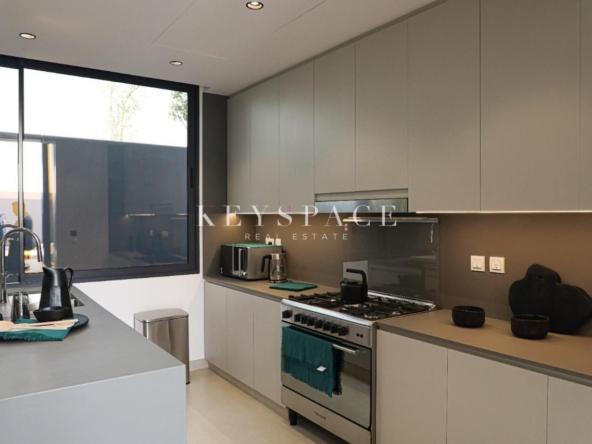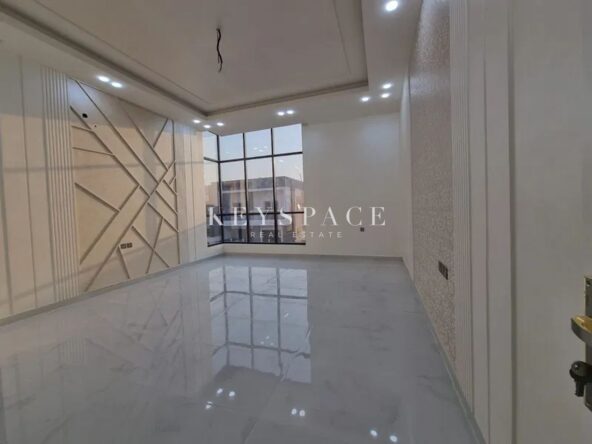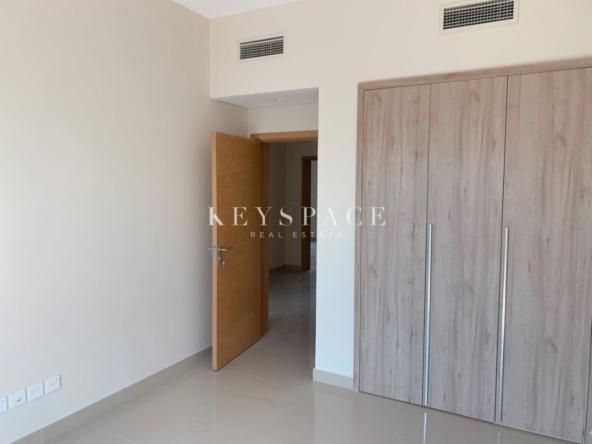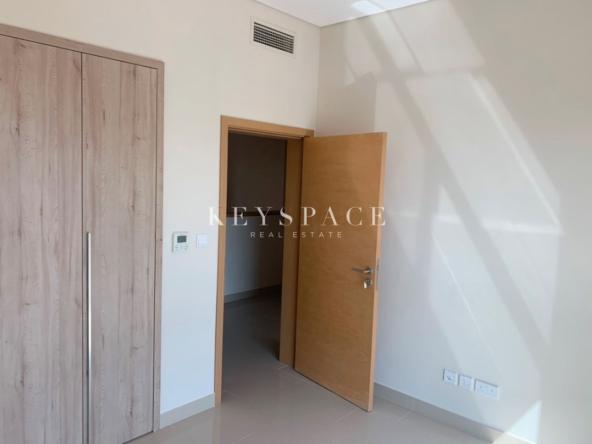Table of Contents
ToggleOver the years, Sharjah has implemented several key changes in its real estate regulations, aimed at fostering growth, protecting investors, and making the market more accessible to foreign buyers.
Sharjah, one of the seven emirates in the UAE, has long been known for its rich cultural heritage, serene atmosphere, and family-friendly environment.
Over the years, its real estate sector has grown steadily, driven by both local and international demand.
To keep up with this rapid growth, Sharjah has made significant changes to its real estate regulations, shaping the way property is bought, sold, and rented.
These changes have made the emirate more appealing to investors, tenants, and developers alike.
Opening Up the Market to Foreign Buyers (2014)
Before 2014, property ownership in Sharjah was largely restricted to UAE nationals and citizens of other Gulf Cooperation Council (GCC) countries.
In 2014, Sharjah introduced a law allowing expatriates to own real estate in certain designated areas under long-term leases (up to 100 years), making the emirate’s market more attractive to foreign investors.
Leasehold Properties for Non-Arabs (2017)
In 2017, further easing of regulations permitted non-Arabs to invest in 100-year leasehold properties in select developments such as Aljada and Tilal City.
This opened up new avenues for real estate investment, especially in residential and commercial properties, for a wider range of expatriates.
Introduction of Escrow Accounts In 2017
In 2017, a major regulatory shift occurred in Sharjah’s real estate market with the introduction of escrow accounts, a move aimed at boosting buyer confidence and ensuring financial security in property transactions.
An escrow account is a financial arrangement where a third party (usually a bank or a regulatory body) holds funds on behalf of two parties involved in a transaction, only releasing them when all contractual conditions are met.
This practice is designed to protect both the buyer and the seller, providing an added layer of security, particularly in off-plan (under-construction) property sales.
Why Escrow Accounts Were Introduced
Before 2017, there were growing concerns about the security of off-plan property transactions, where buyers would often pay large sums upfront without any guarantee that the developer would complete the project.
Some buyers faced issues like delayed projects, or worse, projects being abandoned altogether. The lack of a proper financial safety net in these cases led to a need for reform.
To address these risks and align with global real estate best practices, Sharjah implemented escrow accounts to safeguard buyers’ investments.
How Escrow Accounts Work in Real Estate
In this system, the buyer’s payments are deposited into a designated escrow account, managed by a trusted third party (usually a bank).
The funds remain in the account and are released to the developer in stages, based on the progress of the project.
For example, payments may be released after specific construction milestones are reached, ensuring that the developer has enough capital to continue building while simultaneously protecting the buyer’s money.
By linking payments to construction progress, escrow accounts reduce the risk of developers misusing funds or abandoning projects before completion.
If a project is delayed or canceled, the buyer’s funds can be refunded, giving them an additional safety net.
Benefits for Buyers and Investors
The introduction of escrow accounts has had a profound impact on Sharjah’s real estate market, particularly in terms of increasing buyer confidence.
By ensuring that developers only receive funds when they meet specific project milestones, buyers are reassured that their investment is protected.
This has made Sharjah a more attractive destination for both local and international investors, particularly those interested in off-plan properties.
For investors, escrow accounts provide greater transparency in the buying process.
They can monitor the project’s progress, knowing that their funds are being used appropriately.
This transparency reduces the risk of fraud, a common concern in real estate markets without such protections.
Moreover, the clear regulatory framework that supports escrow accounts builds trust between all parties involved, from developers to buyers and banks.
Impact on Developers and the Real Estate Market
For developers, while the introduction of escrow accounts has added a level of financial oversight, it has also increased market credibility.
Developers who comply with escrow regulations are viewed as more trustworthy and reliable, which can attract more buyers and investors.
Furthermore, the introduction of escrow accounts has helped stabilize the real estate market by ensuring that projects are completed on time and according to plan.
This regulatory measure has also led to greater discipline in the real estate market, as developers are now held accountable for meeting their construction timelines and quality standards.
Escrow accounts have reduced speculative practices, where developers may previously have taken advantage of buyers by misusing funds.
As a result, the overall risk in property development has been minimized, contributing to a more sustainable real estate environment in Sharjah.
As Sharjah’s real estate sector continues to grow, the use of escrow accounts sets the stage for further advancements in the regulatory framework, aligning with global standards while ensuring the safety and confidence of all stakeholders involved in property transactions.
Real Estate Regulatory Authority (RERA) Creation (2018)
To regulate the growing real estate market and improve transparency, Sharjah introduced its own version of the Real Estate Regulatory Authority (RERA).
This body oversees real estate transactions, including lease agreements and property registration, ensuring fair practices and dispute resolution.
Mortgage Lending for Expats
With the growing demand from foreign investors, mortgage regulations were adjusted to allow banks to offer financing to expatriates.
This move gave more access to capital for potential buyers and investors, thus boosting property sales.
Stricter Rental Dispute Regulations
In response to the increasing volume of rental disputes, the Sharjah Rental Dispute Committee was established to resolve conflicts efficiently.
Recent amendments have strengthened tenant and landlord rights, providing clearer guidelines on rent increases and eviction notices.
Incentives for Green Buildings (Recent Initiatives)
Sharjah has been focusing on sustainable development by promoting eco-friendly and energy-efficient buildings.
Incentives for green buildings, including reduced fees or extended leasehold terms for developers adopting sustainable practices, have been part of recent regulation changes.
These regulatory changes have helped Sharjah remain competitive in the UAE’s real estate landscape, attracting both local and international investors while ensuring a more transparent and well-regulated market.
Evolution of Real Estate Regulations In Sharjah
The real estate regulatory landscape in Sharjah has evolved considerably since the early days of its property market.
In its initial stages, real estate transactions were mostly informal, with minimal government intervention.
As the market expanded, there was a need for a structured legal framework to govern property transactions, protect the rights of investors, and promote sustainable development.
Key Changes In Ownership Laws
One of the most significant shifts in Sharjah’s real estate regulations occurred with the introduction of new ownership laws.
Historically, property ownership in Sharjah was restricted to UAE nationals and citizens of the Gulf Cooperation Council (GCC) countries.
Non-GCC residents had limited options, often restricted to leasing properties under long-term arrangements.
However, in recent years, Sharjah introduced new laws allowing non-GCC residents to own freehold properties in designated areas.
This move has dramatically increased the emirate’s appeal to expatriates and foreign investors.
Implications for Foreign Investors
The introduction of freehold ownership for foreigners has created a wave of new investment opportunities.
With the ability to fully own properties, investors are now more confident in putting their money into Sharjah’s real estate market. This has led to higher property values and a stronger long-term commitment to the emirate’s economy.
Additionally, it has diversified the real estate landscape, with many foreign buyers choosing Sharjah for its affordability compared to Dubai.
Rental Laws and Tenant Rights
Sharjah has also made significant strides in improving tenant rights and rental regulations.
One of the most notable changes was the introduction of rent caps, limiting the percentage by which landlords could increase rent.
This has helped ensure stability in the rental market, preventing sudden, sharp increases in rent prices that could burden tenants.
Impact on the Rental Market
These changes have benefited both tenants and landlords by fostering better relationships.
Tenants now have greater security, knowing their rental costs will remain reasonable, while landlords benefit from the steady demand created by a stable rental market.
In recent years, additional amendments have been made to ensure that rental contracts are transparent and fair, further protecting tenants from exploitative practices.
Regulatory Bodies and Their Roles
To manage the growing complexity of the real estate market, Sharjah has established several regulatory bodies. The Sharjah Real Estate Registration Department (SRERD) plays a key role in overseeing property transactions, ensuring they are carried out legally and efficiently.
Additionally, Sharjah’s collaboration with the UAE’s Real Estate Regulatory Authority (RERA) helps maintain consistency in regulations across the country while allowing for localized rules that reflect Sharjah’s unique market dynamics.
Sharjah’s Commitment to Sustainable Development
Sustainability is a key focus in Sharjah’s future real estate plans. The emirate has implemented green building regulations to encourage energy-efficient and environmentally friendly construction practices.
These regulations focus on reducing energy consumption, water usage, and waste production during the construction and operation of buildings.
Environmental Benefits
By adopting these eco-friendly regulations, Sharjah aims to minimize the environmental impact of its real estate developments.
In the long term, this approach not only benefits the environment but also enhances the quality of life for residents and supports the emirate’s sustainability goals.
Legal Framework for Real Estate Transactions
Sharjah has streamlined the process of buying and selling properties by introducing a more structured legal framework.
One of the key changes is the introduction of escrow accounts, which ensure that funds from property sales are securely held and only released once all transaction conditions are met.
Additionally, new laws have been introduced to improve transparency in contracts, reducing the risk of fraud and protecting both buyers and sellers.
Boosting Buyer Confidence
These measures have greatly boosted confidence in Sharjah’s real estate market, especially among first-time buyers.
By ensuring transparency and security, Sharjah has made the process of purchasing property more accessible and less daunting for investors.
Affordable Housing Initiatives
In line with its commitment to inclusivity, Sharjah has launched several affordable housing initiatives.
These government-backed programs aim to provide affordable housing options for middle-income residents.
This is a key aspect of the emirate’s broader plan to ensure that Sharjah remains an attractive destination for people of all income levels.
Real Estate and Tourism Integration
Sharjah’s real estate growth is closely tied to its booming tourism sector. With a strong focus on cultural tourism, the emirate has seen an increase in demand for hotels, resorts, and short-term rental properties.
New regulations have been introduced to encourage investment in tourism-related properties, further expanding the market.
Conclusion
Over the years, Sharjah’s real estate regulations have evolved significantly, reflecting the emirate’s growth and its ambition to create a secure, sustainable, and attractive market for both residents and investors.
From ownership laws that welcome foreign investors to tenant protections and sustainability initiatives, these regulatory changes have laid the foundation for a thriving real estate market in the years to come.
Frequently Asked Questions (FAQs)
- How have Sharjah’s real estate regulations evolved over time?
Sharjah’s regulations have become more structured, with a focus on ownership rights, tenant protections, and sustainable development. - Can non-GCC residents now own freehold properties in Sharjah?
Yes, non-GCC residents can now own freehold properties in designated areas, a change that has boosted foreign investment. - What impact do rent caps have on the rental market?
Rent caps have stabilized rental prices, preventing sudden hikes and fostering better tenant-landlord relationships. - How is Sharjah promoting sustainable real estate development?
The emirate has introduced green building regulations to encourage energy efficiency and eco-friendly construction practices. - What are the legal safeguards for buyers in Sharjah’s property market?
Sharjah has implemented escrow accounts and transparency laws to protect buyers from fraud and ensure secure transactions.
